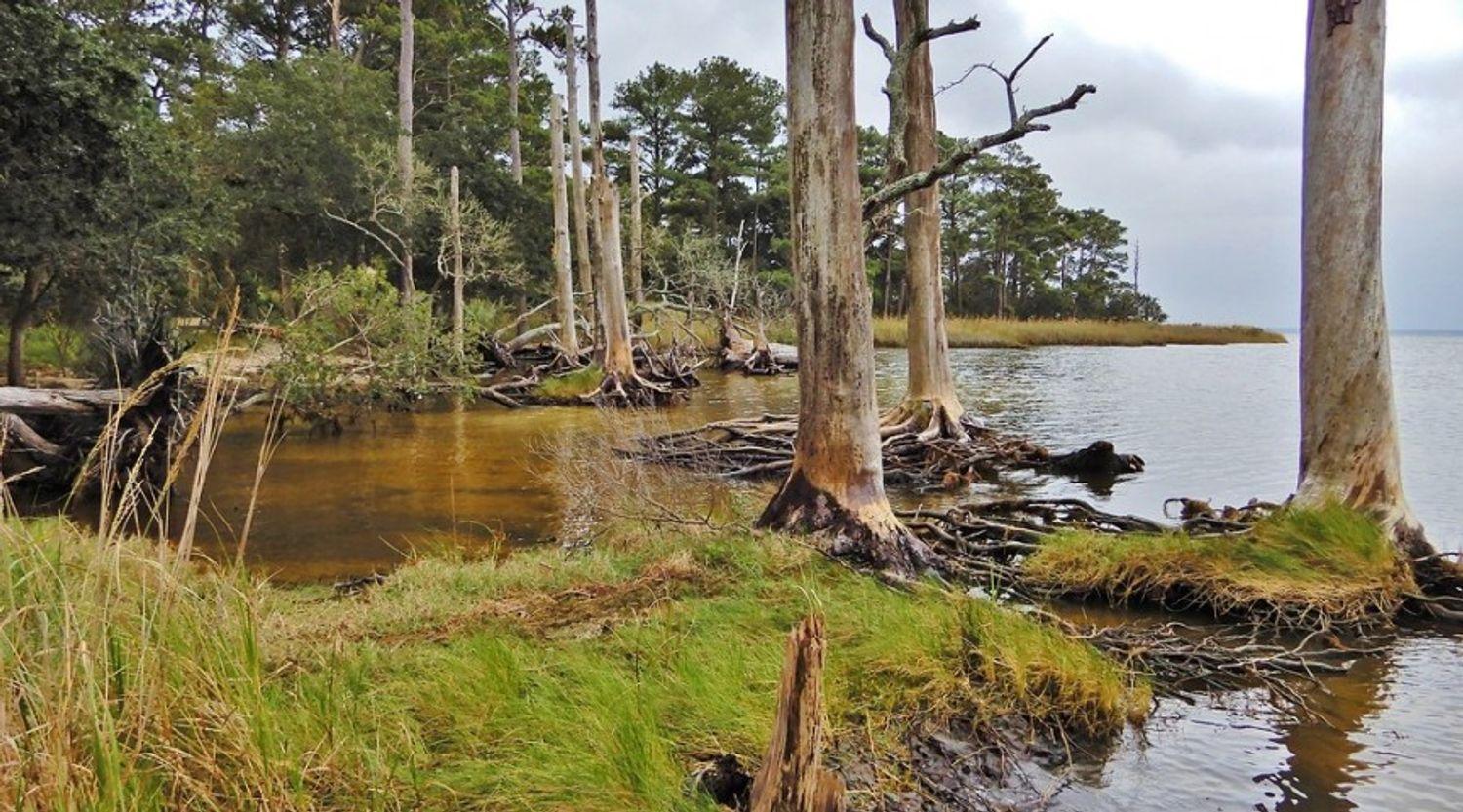Rajasthan is a popular tourist destination. The primary reason for its popularity is the unusual cultural and affluent heritage elements of the state. Situated only at a distance of around 22 km from Jodhpur city, the citizens of the Bishnoi community are practically hardcore worshippers of nature. One gets further than a look at the incredible cultural life of Marwar, the original community of Rajasthan.
History of Bishnoi Village
Bishnoi village community was founded by Guru Jambheshwar who was born in the year 1451. The community was set up after destructive impacts of continual conflicts between the regional Hindu population and Muslim invaders.
For his devotees, 29 rules, laws, and beliefs were bestowed by Guru Jambheshwar. The major regulation was to protect animals and trees to totally cancel the practice of damaging the environment.
On his demise, he asserted that blackbuck is his embodiment and hence the species must be protected rigidly.
The religion I.e Bishnoism is asserted to have begun in 1485 AD by Guru Jambheshwar in the Thar Desert of Rajasthan, India. Long before the world came to recognize the environmental catastrophes, Bishnois have been conscious of man's relationship with nature and the significance to maintain its delicate balance.
It is incredible that these problems were thought about, half a century ago by Bishnoi prophets. A no different religious ordinance has bestowed this degree of significance to environment importance, conservation and respect.
Not many people know that the notion of Tree Huggers and Tree-Hugging, amass roots in the Bishnoi history. The popular Chipko Movement' was prompted by an authentic tale of a brave woman named Amrita Devi Bishnoi who forbade to allow the kingsmen to chop the trees. Her head was slashed.
Watching their mother lay down her life for the trees, her daughters hold on to them. Their heads were slashed too. Enraged by the occurrences, the neighboring town community hold on to the trees, as the slaughter proceeded.
Further than 300 people were slaughtered for non-obeisance and for struggling to conserve the trees. When the king came to know of this, he was guilty of his mistake. He asked forgiveness from the Bishnoi community, mandated to quit chopping down the trees and hunting of wild animals in Bishnoi regions, and sentenced those who violated his declarations.
This casualty not merely prompted the "Chipco Andoloan" by Sunder Lal Bahuguna but furthermore the Government of India in the aspect of "Amrita Devi Bishnoi Smrithi Paryavaran Award" for providing to environment protection.
The Bishnois are one of the first governed supporters of eco-conservation, wildlife preservation, and green living. With their standards inundated in fundamental twenty-nine religious principles, the Bishnois and Bishnoism are extremely pertinent to our advancing world.
Intriguing Facts
- The growth of drugs is prohibited by the Government of India, but still, several kinds of Bishnoi towns have special approval to do so for religious objectives.
- A popular ancient occurrence of Bishnoi village is Khejarli Massacre which took place in the year 1730 when 363 Bishnois gave away their lives to save their beloved trees which were being slashed by Raja's armies. The citizens denied to walk away from the trees and kept hugging them. Their courageous act was respected by Maharaja Abhay Singh who officially pleaded for an apology and penalized the responsible.
- Best Environment Film award achieving film, "Willing to Sacrifice", is established on the life tale of Nihal Chand Bishnoi who gave his life away in the month of October in 1996 to save wildlife species. The movie achieved the respect at 5th International Festival of Films, TV, and Video Programs which was held in Bratislava, Slovakia.
- Since slashing of trees is totally forbidden by Bishnois, they do not burn or cremate their lifeless ones but rather just bury them.
- Bishnois are extremely determined considering the conservation of flora and fauna and may get a little assertive if they found someone disobeying the laws.
The Bishnoi community is self-sufficient, not only with its farm harvest of wheat but furthermore with its year-old dry stock of Sangri, a fruit borne by the Khejri trees and can be prepared into a curry. The Khejri trees sustained them in droughts. They say this covid outbreak is nature's way of saying, "Conserve the environment".
The Bishnoi community is always named the guardian of wildlife and environment in Western Rajasthan, at times going to lengths for their motive.
One of the further well-known cases that catapulted them to attention was when the community pulled Bollywood actor Salman Khan to court for allegedly murdering two blackbucks during a movie shoot close to Jodhpur in 1998.
The community pursued the case with persistent belief for 20 years, until, in 2018, Khan was convicted by a regional court.
Protests, frequently at the risk of their own security, are not new to the community. Bishnoism, as a group, has 29 principles that its devotees are required to live by, restraining from slashing of green trees is one of them.
A Way of Life
Protection of life is embedded in the lifestyle of this community. No one has to introduce it to a Bishnoi kid, they understand it by observing. Such is their appreciation towards the Khejri tree, furthermore the state tree of Rajasthan, they don't slash the tree even when its roots rise into the water tank and pipes.
They renovate the pipes, the tank, but don't slash the roots, or even the branches. They do chop the branches of the babool tree occasionally for firewood but never the entire tree. Wild verdure grows on their farming territory and farmers are recognized to restrict a fraction of their cultivable territory for animals like blue bulls and herds to feed on.
A Religion that Protects the Environment
The Bishnoi follow their origins to the instructions of Guru Jambhesvara who was born to a Panwar Rajput lineage in 1451 AD at Peepasar town of Nagore district in Western Rajasthan. Jambhesvara is recognized to have been impacted on by Vaishnava traditions and his followers continue to respect him as an embodiment of Lord Vishnu.
As per Bishnoi mythic belief, when Jambhesvara was 25, a drastic decade-long drought-hit Western Rajasthan. Haunted by the problems of water and food scarcities, people cut down a vast volume of trees to trade the wood in closeby villages.
Also, a vast number of chinkaras and blackbucks, found in prosperity in the region, were murdered so that people could eat up their meat.
Jambhesvara was deeply stridden by the catastrophe and speculated overtime to come up with a cure. Ultimately, at the age of 34, he had a spiritual prophecy to rehabilitate the community along lines of environmental maintenance.
Established on his instructions about natural resources relevant in the drought years, he attained in conserving and preserving various local resources and quickly formulated a vast following among the masses.
Jambhesvara came out with a list of 29 regulations that were implied to be staunchly pursued by his community of supporters in order to lead a healthy, harmonious lifestyle. The 29 regulations legislated by the founder, are what provides the community its name- bish (20), noi (9).
Out of the 29 regulations, eight were about conserving the environment that encompassed non-sterilization of bulls, the ban against the slaughter of animals, ban against cutting down of trees. The different regulations were about social behavior and personal hygiene.
In extension to the 29 rules, his instructions are protected in the configuration of 120 statements recognized as sabdas. Multiple of these sabdas criticized both Hindus and Muslims for practices in the label of religion that were destructive to the environment.
The Bishnoi Love for Flora and Fauna
The twenty-nine rules laid out by Guru Jambhesvara along with the 120 sabdas define the religious responsibility of the Bishnoi, or what is recognized as their Dharma'.
The Chinkara and the Blackbuck rejoice in safety from the Bishnoi community, exceptionally large populations of these animals are set up around their territories. Differently, in Central India, owing to excessive hunting, the maximum of the Chinakaras has expired.
Historically, there are a vast number of examples when the Bishnoi have been steadfast in their responsibility to the environment. In April 1947, a father and two of his sons are recognized to have sighted poachers hunting a herd of antelopes. They were murdered by the poachers in the endeavor to protect the animals.
An additional extremely emotional tale of Bishnoi's love for fauna is that of Rama Devi in Haryana, who is recognized to have breastfed a fawn to preserve his life. In 1978, the community rioted against the hunting of the Great Indian Bustard in Jaisalmer by Arab sheiks, responding to which the Indian government regulated to protect the bird from entire extinction.
In 2001, the Indian government rewarded Gangaram Bishnoi posthumously for having sacrificed his life in an endeavor to protect a chinkara from being poached.
Ecologists have pointed out that even animals have commenced recognizing the Bishnoi whom they glimpse as their guardians. Since Bishnoi wears conventional clothes with familiar colors and patterns, animals feel safe in their presence while they run away from strangers.
Heroes from the Community
Ranaram Bishnoi
Ranaram Bishnoi is The Tree Man Who Single-Handedly Grew 27,000 Trees To maintain a desert patch In Rajasthan. A village approximately 100 km from Jodhpur, Ekalkhori, presently spouts of its plentiful flora, all appreciation to the effort of this one great man called Ranaram Bishnoi.
Bishnoi, in his mid-70s, takes his pseudonym of the tree man' extremely seriously. This environment lover has planted an enormous 27,000 trees in a desert patch turning it green. The trees he has seeded are neem, rohida, bougainvillea, kankeri, khejri, fig, and babool.
Peera Ram Bishnoi
When people believe in a purpose, they leave no stones unturned to battle for it. Though, all such ways arrive with a cord of barriers and obstacles. So it is very apparent when people gradually lose the ability to keep battling the good fight.
Life, as we all understand, has a habit of coming in the path of the best-laid schemes. However, there does prevail a rare kind of more resilient people, who keep at it, no matter how difficult the going gets.
For them, every thorn is a lesson acquired. Months, years and occasionally even decades go by, but these people persevere until their purpose is obtained.
Peera Ram Bishnoi, who encroachment into the wild frequently comes with an enormous price for its citizens. Peera Ram Bishnoi can certainly assure for that. Hailing from a community that is renowned for its affection for nature, the scene of an injured Chinkara (Indian gazelle) by the roadside was the stimulus for the highway mechanic.
Peera Ram has taken care of over 1,200 animals while confronting police charges and even death warnings from poachers over the past decade. He presently looks after 600 animals.
Amrita Devi Bishnoi
Long before environmentalism came to be a trending word, 363 people of the Bishnoi community, directed by the courageous Amrita Devi, sacrificed their lives to protect the Khejri tree.
She was a mother of 3 daughters. She rebelled against King's army trying to slash green trees as it was forbidden in the Bishnoi religion. she offered her head when denied to stop cutting down the trees.
The axes, which were brought to chop the trees, cut her head from her body. The three young daughters were not intimidated and offered their heads too.
Nihal Chand Bishnoi
Defending the convention of the Bishnoi community in conserving wildlife, a group of Bishnois suffered bullets from poachers at Samwatsar town close to Nokha in Bikaner district in an endeavor to protect the lives of Indian gazelle.
One of them is the courageous Nihal Chand Bishnoi, who received bullets from the fleeing mob of believed Bawria tribesmen, expired on way to the hospital. This event, which restores remembrances of the courageous people of Khejrali town in the Rajasthan desert, who sacrificed their lives conserving the trees hundreds of years back.




